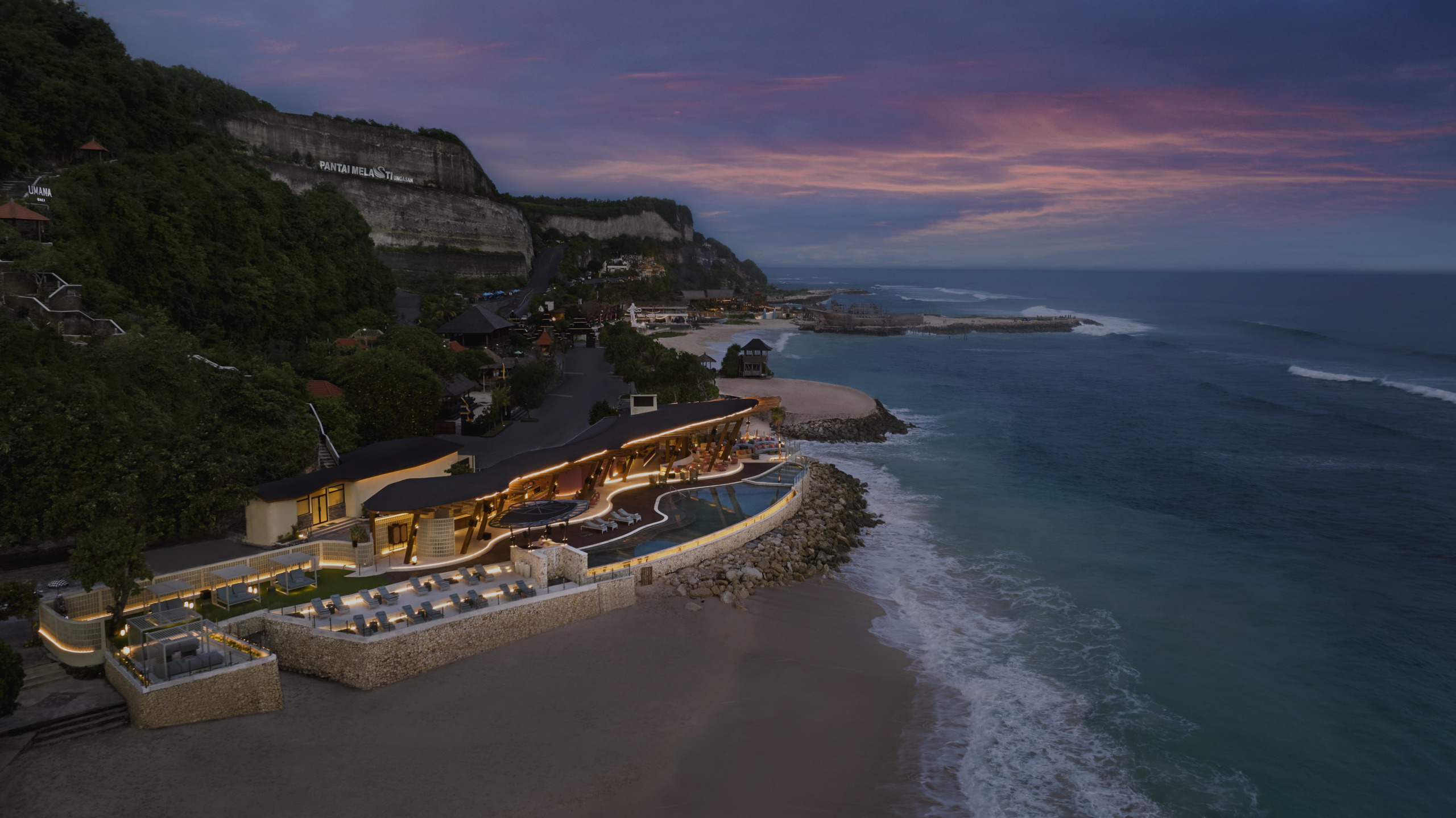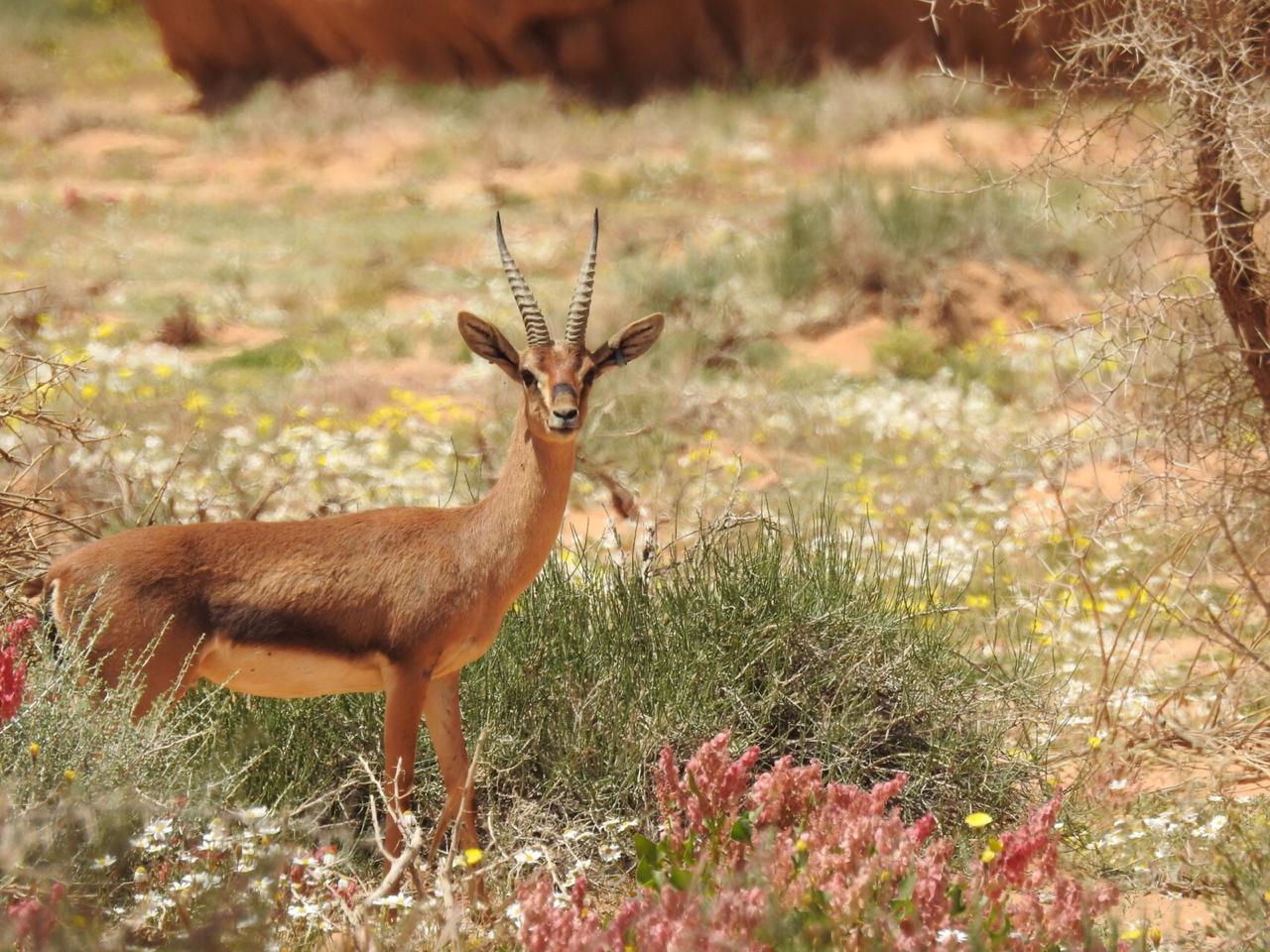World Tourism Day: Travel as a Force for Regeneration
By WATG
September 26, 2025
World Tourism Day
Tourism is one of the world’s most powerful engines of progress. It generates nearly ten percent of global GDP and supports more than 300 million jobs. Behind those numbers are farmers growing food for hotel kitchens, artisans crafting furniture for guest villas, and teachers whose schools are sustained by community programs.
World Tourism Day 2025 highlights tourism’s transformative potential as an agent of positive change. Realizing this potential, however, demands more than growth alone. It requires good governance, strategic planning, robust monitoring and clear priority setting that align with long-term sustainability goals.
If tourism does not give back socially, environmentally, and economically, the cost will be staggering. Climate change alone threatens to erase up to 178 trillion dollars in value over the next 50 years, much of it borne by communities whose livelihoods depend on visitors.
Hotels as Anchors of Place
Hotels are part of living ecosystems, offering employment, protecting culture, and shaping the landscapes around them. When designed with purpose, they become catalysts for regeneration, translating vision into benefits that endure for both people and planet.
At WATG and Wimberly Interiors, this philosophy has guided projects across the world – from heritage sites and national parks to resorts and master-planned islands.
Hotels are part of living ecosystems, offering dignified work, protecting culture, and shaping the landscapes around them.
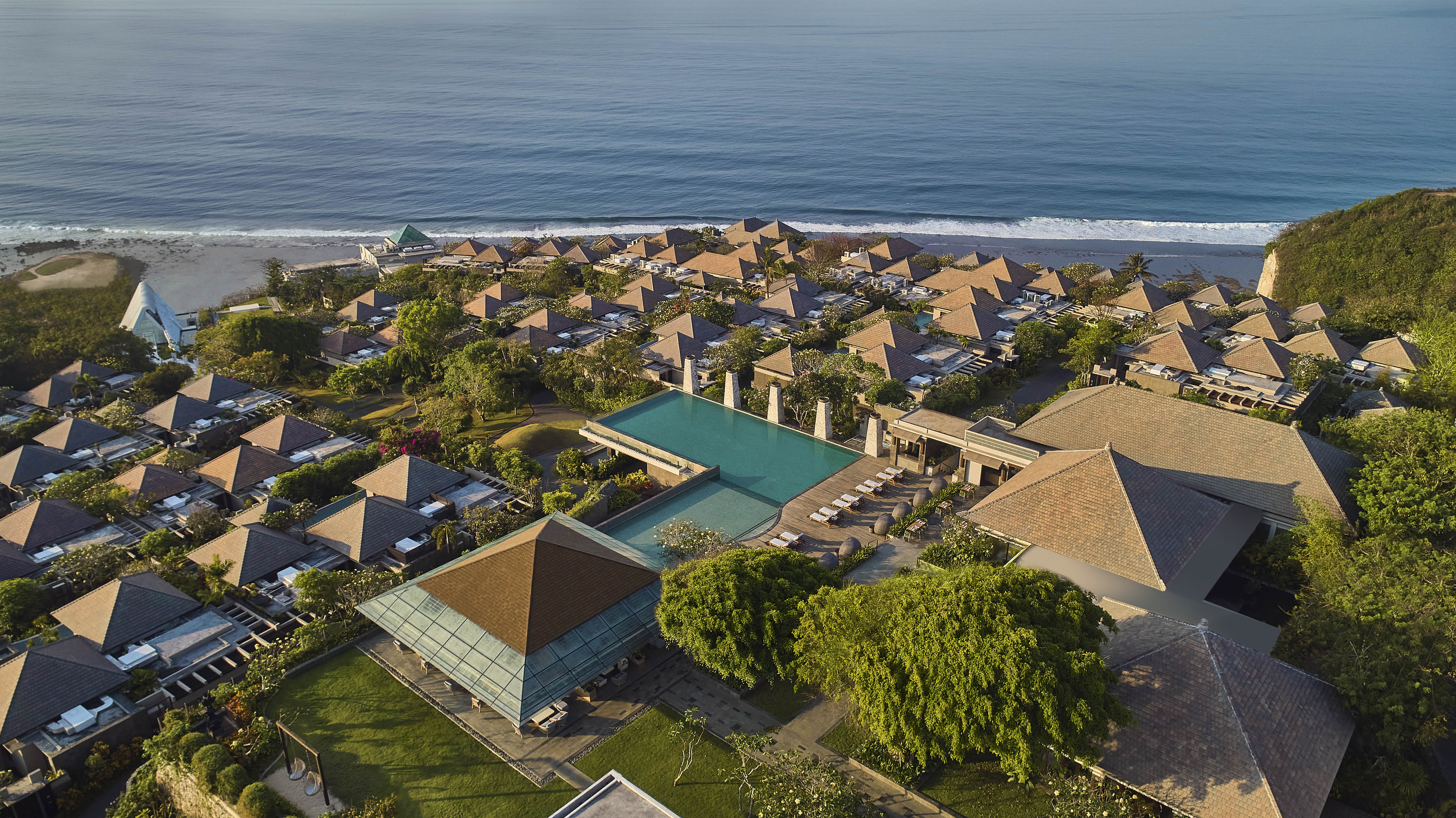
On the cliffs of southern Bali, the rebirth of Umana into Southeast Asia’s first LXR property began with a decisive choice: preserve rather than demolish. Nearly all structures and landscapes were retained, avoiding an estimated 15,600 tonnes of emissions.
The ripple effect was far-reaching. Eighty percent of materials and services were sourced locally, 98.6 percent of the workforce is Indonesian, and artisans from nearby communities supplied handwoven and hand-carved pieces that now define the guest experience. Through Hilton’s Travel with Purpose program, more than 1.1 million volunteer hours have supported schools, mangrove planting, regenerative farming, and hunger relief. Technology such as Winnow AI cuts food waste, while composting and biodiesel conversion close the loop in operations.

South of Danang, Hoiana Resort & Golf has become a long-term partner to the province of Quang Nam. Designed by WATG, the resort has created close to 3,000 direct jobs to date, supported schools and vocational training, and invested in healthcare and cultural preservation.
Through the CSR program Hoiana Cares, more than 50 initiatives have contributed $1.2 million to local causes. With Phase 2, an additional 2,500 direct and 5,000 indirect jobs are projected, ensuring the benefits of tourism extend well beyond the resort itself.
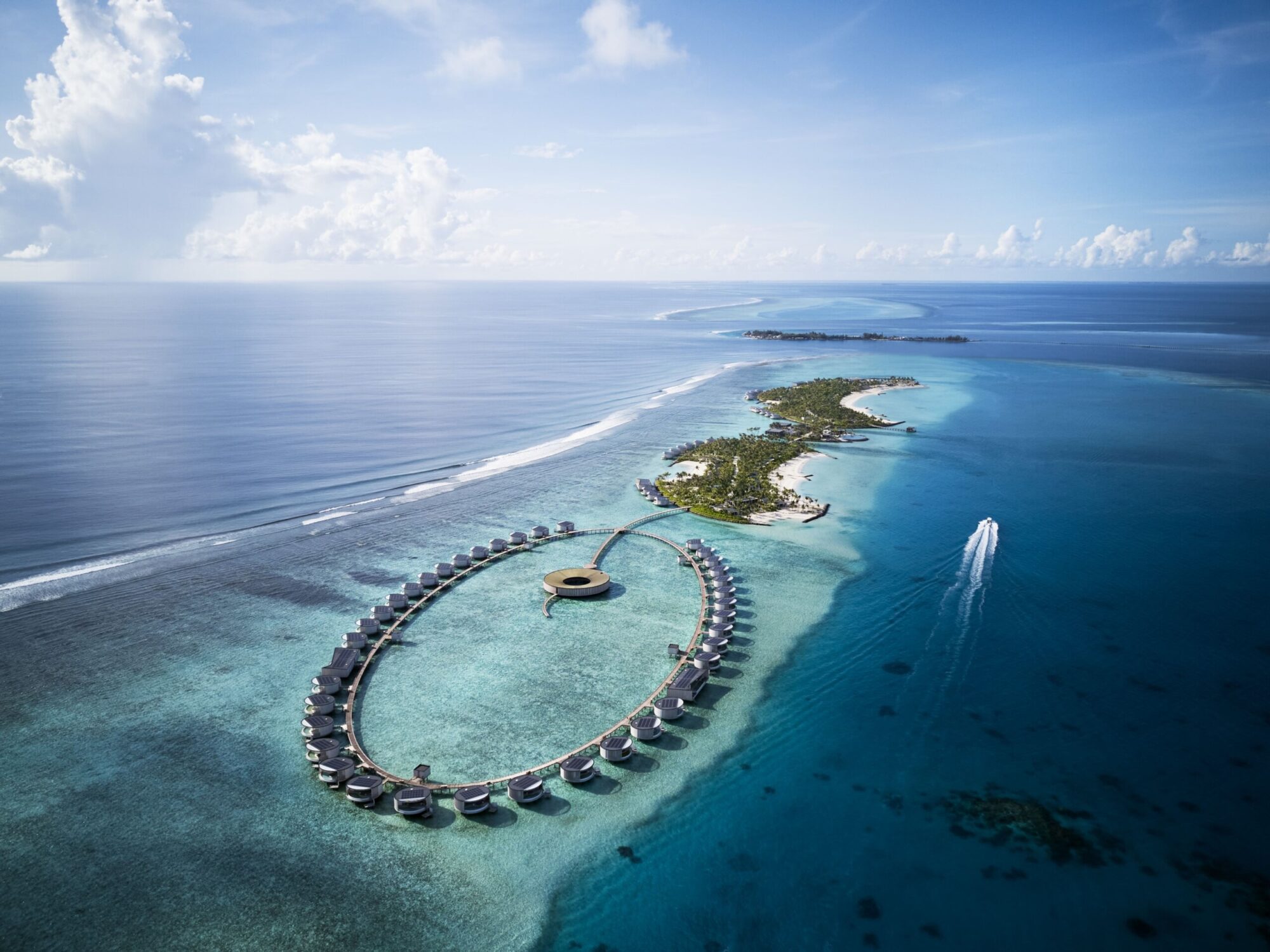
In the Maldives’ North Malé Atoll, the Fari Islands master plan demonstrates how sustainability can be embedded at scale. One island is dedicated to staff welfare and education at the Fari Campus. Offshore solar power supports energy-positive operations, coral propagation strengthens marine ecosystems, and farm-to-table dining reduces waste. Here, community and ecology are treated as core to the guest experience, not as afterthoughts.
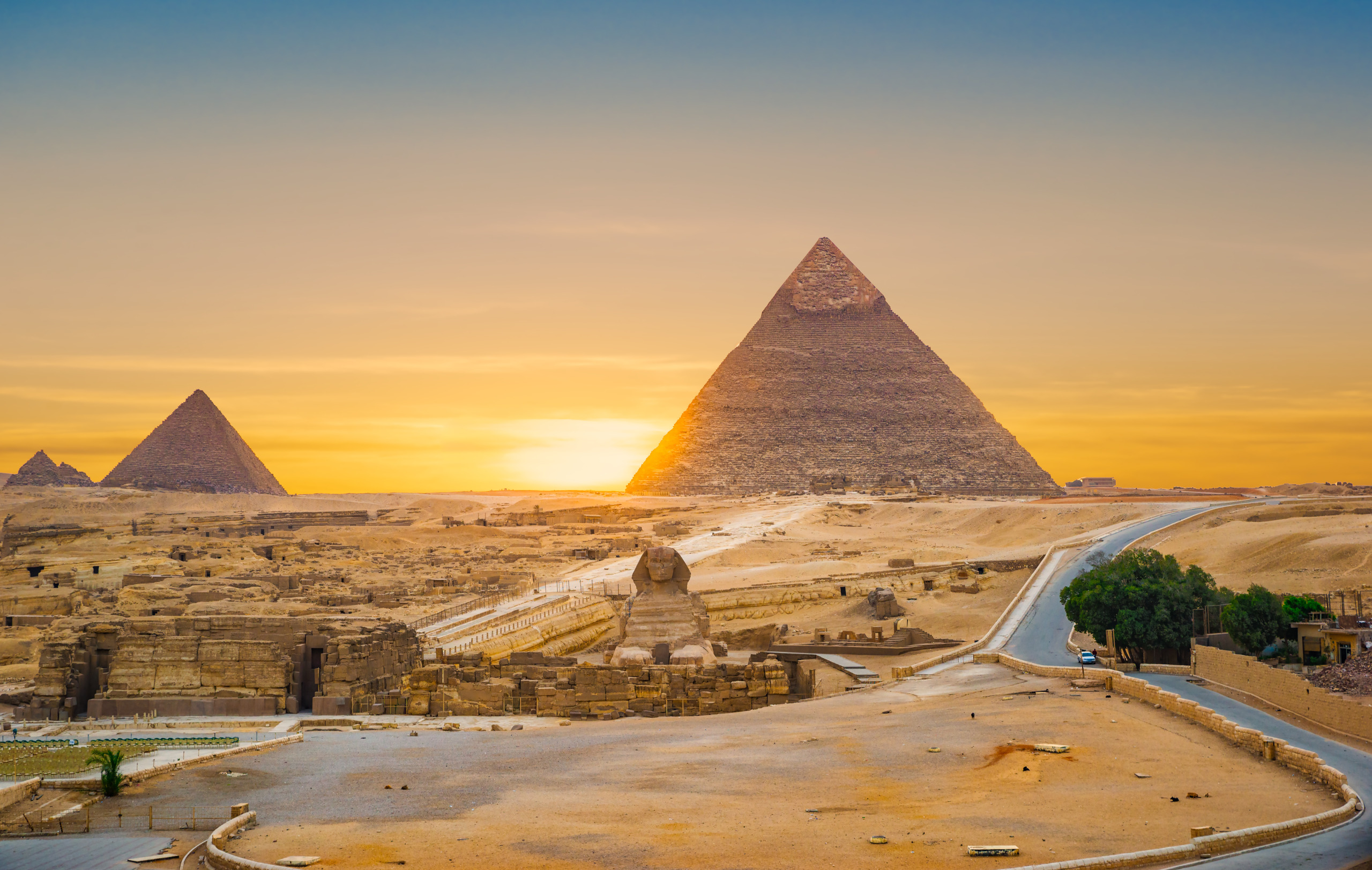
At one of the world’s most iconic heritage sites, WATG is working to transform the visitor experience while safeguarding cultural legacy. The Tourism Master Plan at the Giza Pyramids balances preservation with improved access, rethinking infrastructure and guest flow to protect the plateau while enhancing how millions of visitors engage with it each year. The project exemplifies how thoughtful planning can generate economic opportunity while respecting heritage that belongs to all humanity.
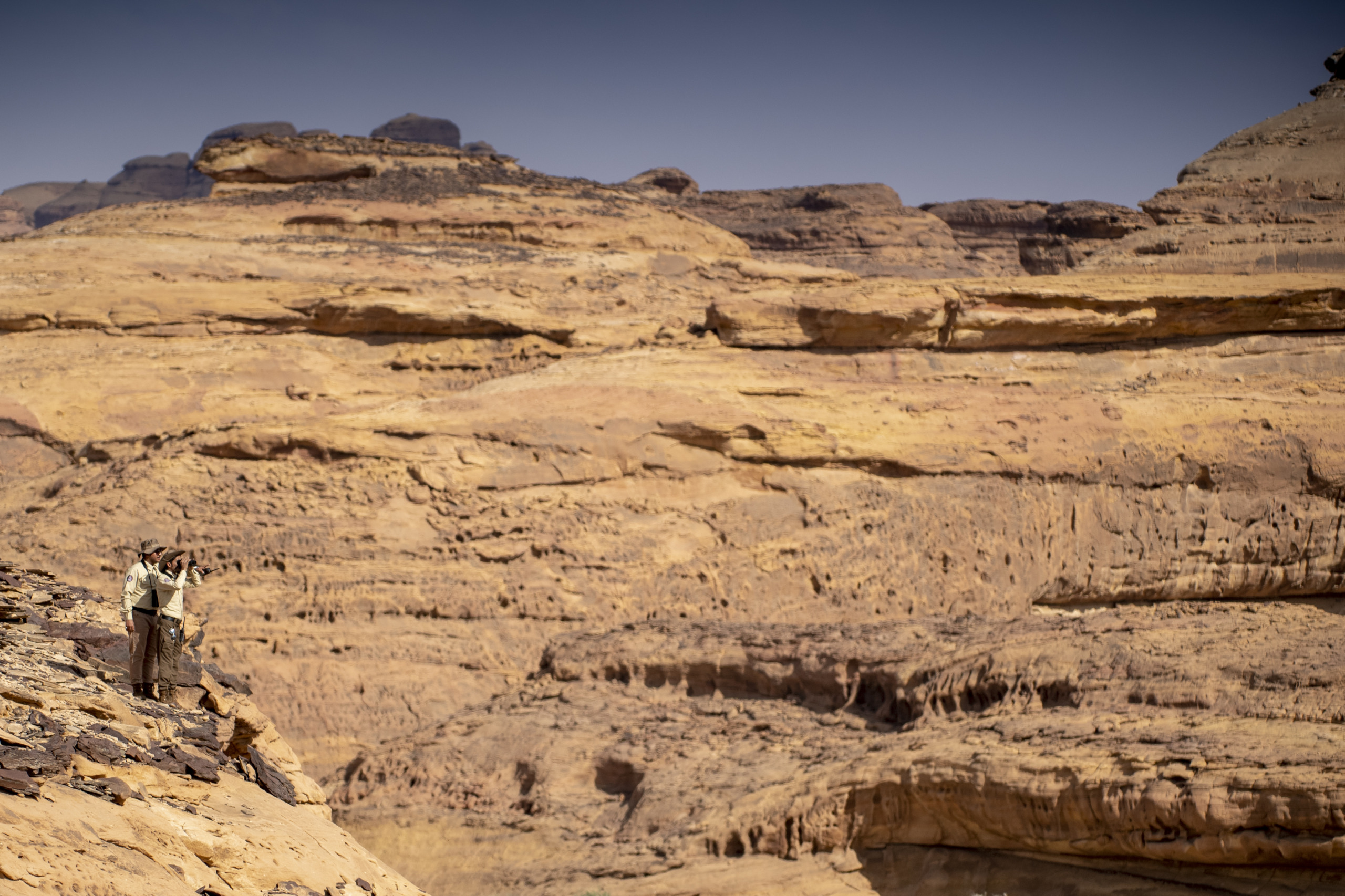
In AlUla, the Sharaan Nature Reserve is being carefully developed as both a protected landscape and a place of discovery. WATG’s master planning approach enhances conservation efforts while opening pathways for sustainable tourism. Visitors will be able to experience the dramatic sandstone valleys and cultural history of the region without compromising its ecological integrity. Sharaan shows how tourism, when approached with restraint and respect, can both protect and reveal.
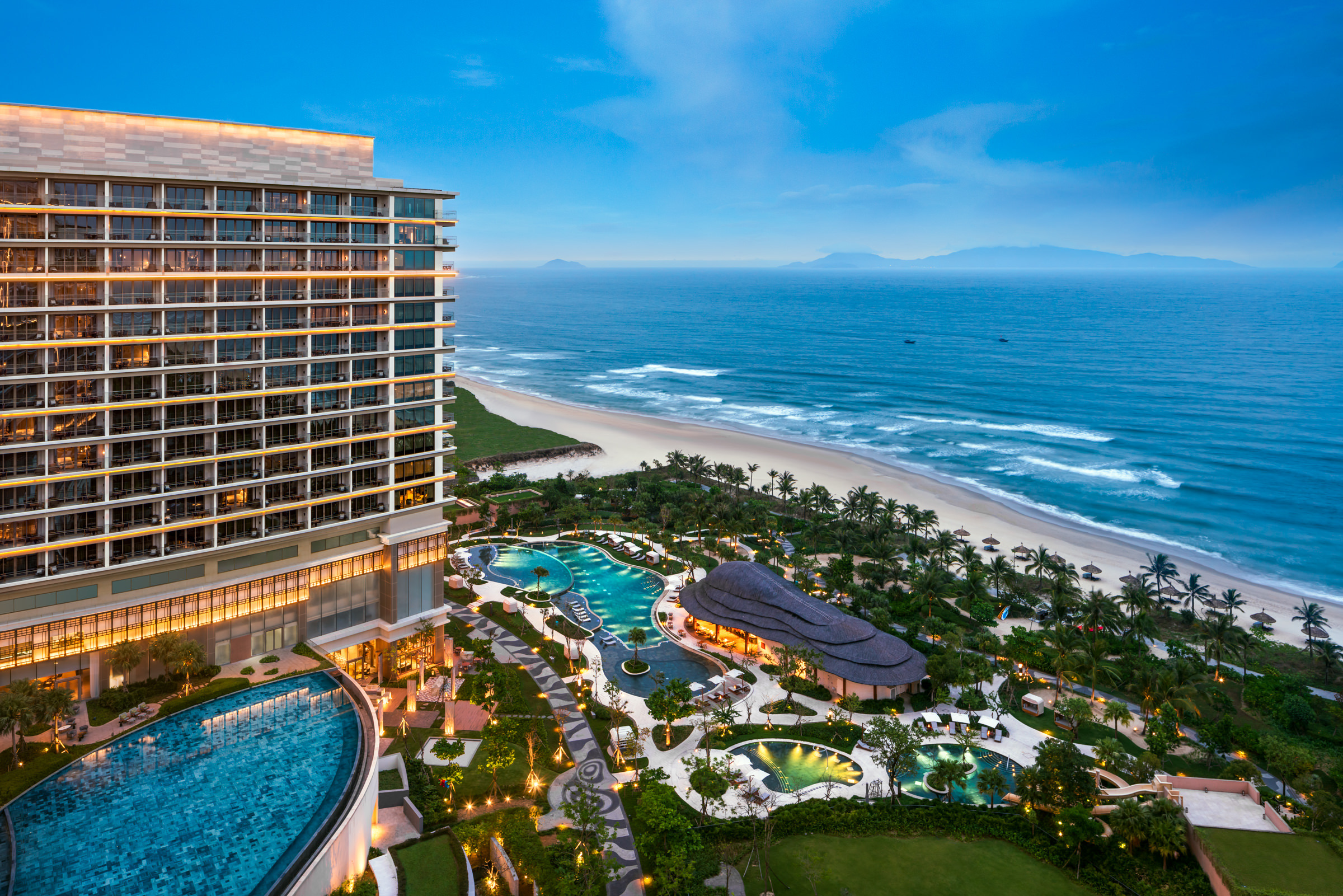
A Shared Future
World Tourism Day reminds us that travel is not only about where we go, but what we leave behind. We believe that hotels can be regenerative hubs that empower communities, preserve culture, and restore nature. If tourism does not embed regeneration into every project, the cost will be measured not only in lost revenue, but in lost heritage, livelihoods, and biodiversity. The time to act is now.
Latest Insights
Perspectives, trends, news.
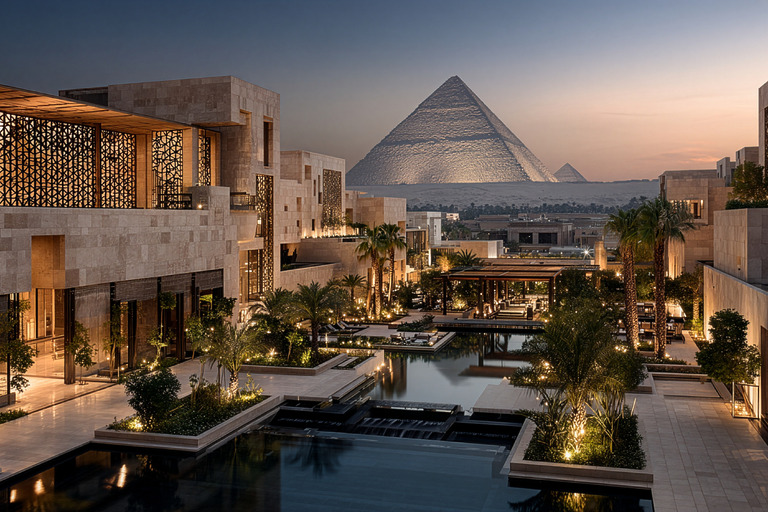
- News
WATG and Wimberly Interiors in the Global Press: January 2026
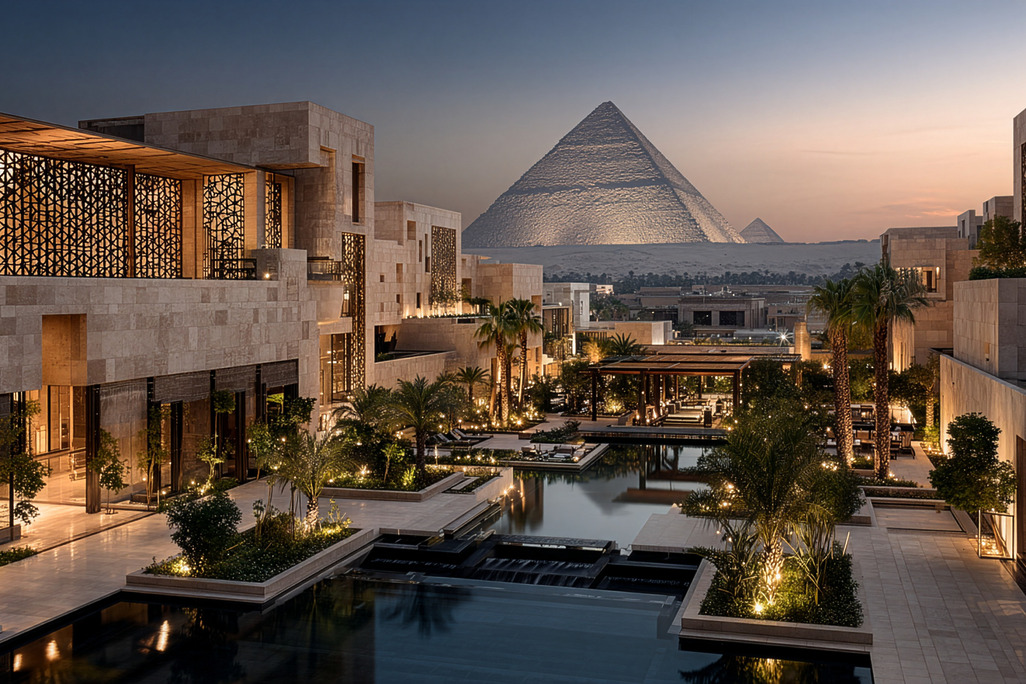
- News
WATG and Wimberly Interiors in the Global Press: January 2026
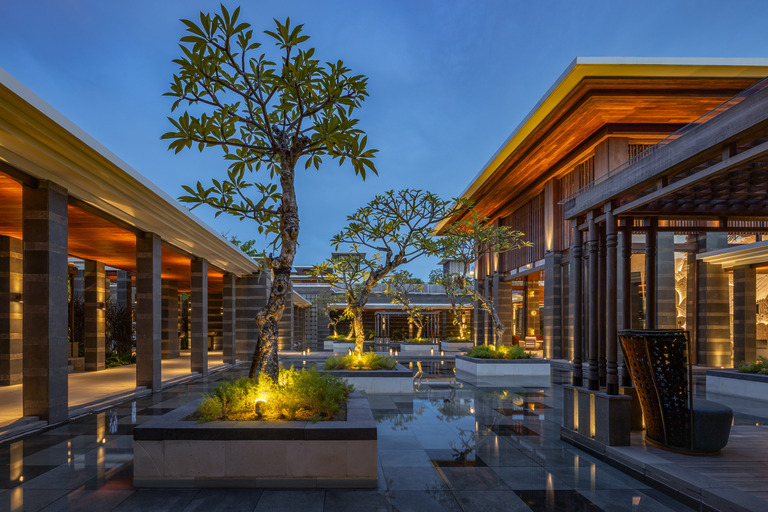
- Design + Innovation
Macro to Micro: The contrast of conceal + reveal, intimate + expansive, pause + pace.

- Design + Innovation
Macro to Micro: The contrast of conceal + reveal, intimate + expansive, pause + pace.
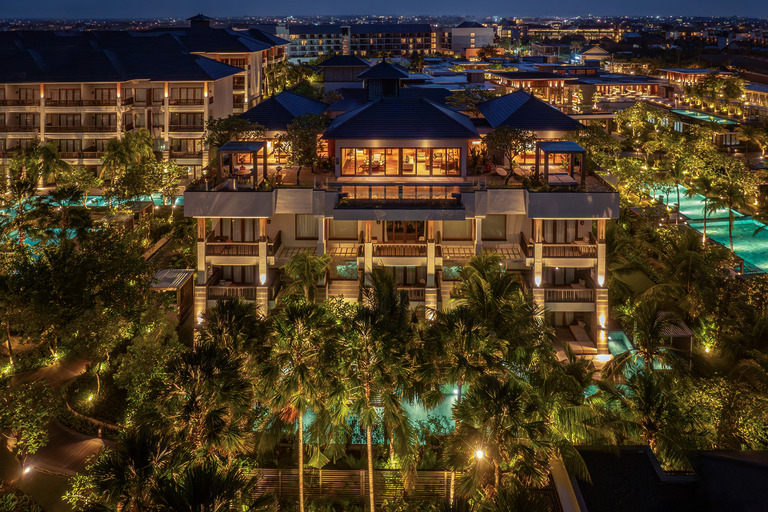
- Project Stories |
- Design Thinking
In Conversation: Manish Puri, GM, Regent Bali Canggu
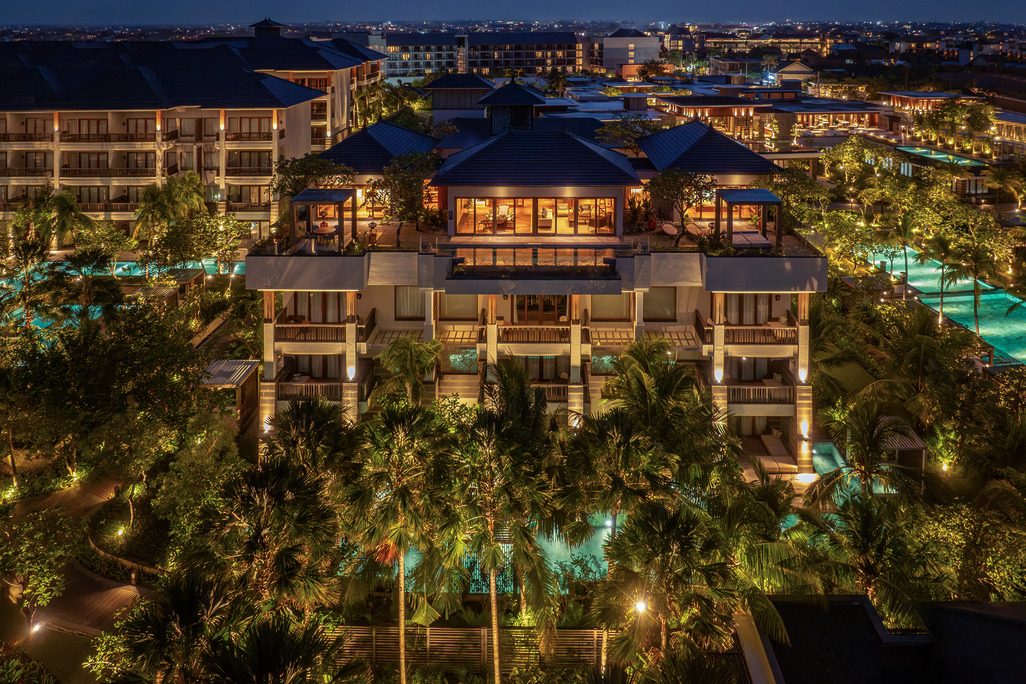
- Project Stories |
- Design Thinking
In Conversation: Manish Puri, GM, Regent Bali Canggu
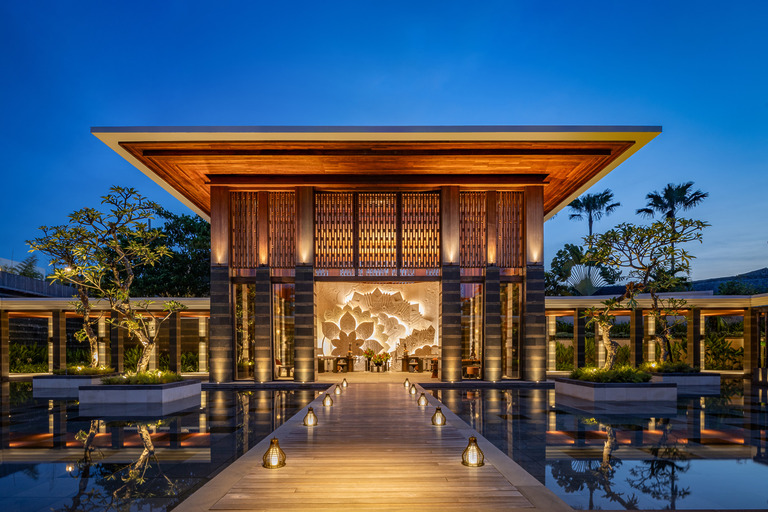
- News
2025: A Year in Review
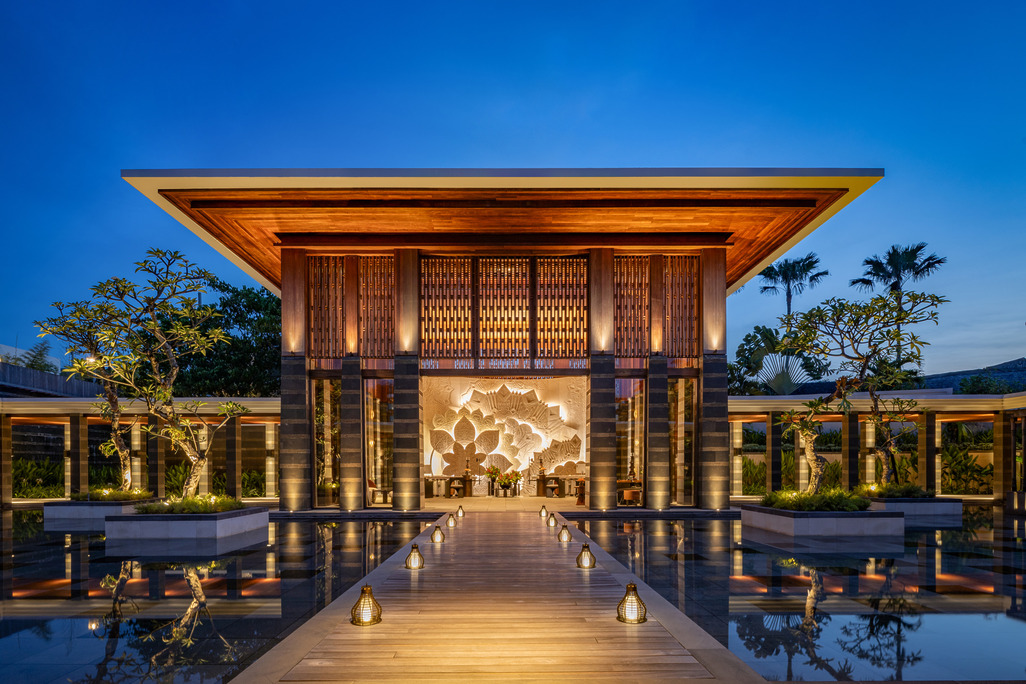
- News
